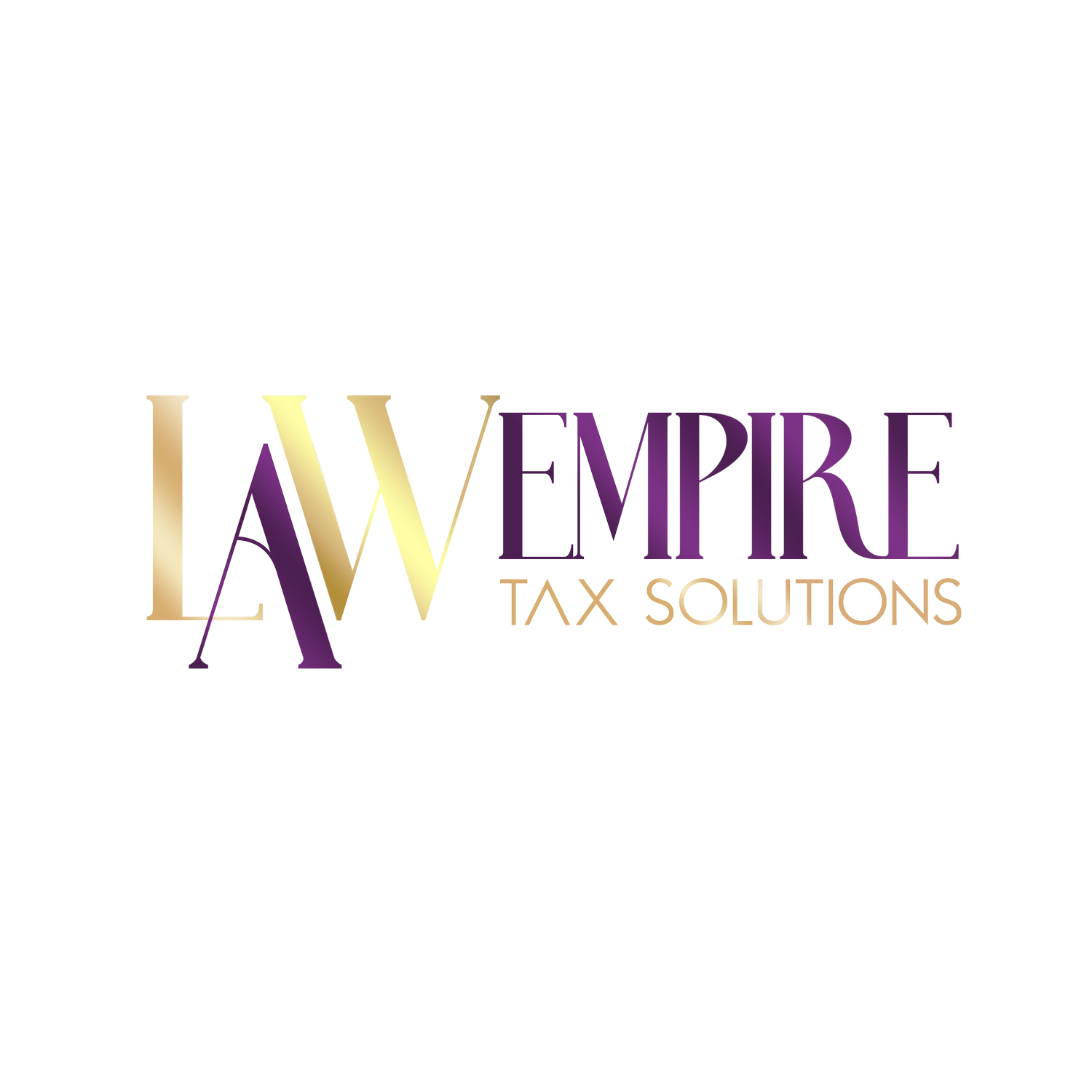FAQs – LAW Empire Tax
-
What types of clients do we serve?
We serve individuals, families, entrepreneurs, and small business owners with dedicated attention. Whether you’re a W-2 employee, self-employed professional, or managing a growing company, we offer personalized strategies designed specifically to support and enhance your unique financial journey.
-
Do we only prepare taxes, or do we offer ongoing support?
We go beyond basic tax filing services. In addition to expert tax preparation, we also offer comprehensive bookkeeping, personalized consultations, and assistance with amended returns — all designed to ensure you have clarity, confidence, and a well-planned strategy throughout the entire year.
-
How do consultations work?
Schedule your consultation easily through our convenient online form. During your personalized session, Londyne will carefully review your unique financial situation, thoroughly answer any questions you may have, and thoughtfully recommend the best path forward tailored to your needs.
-
Are your services virtual or in-person?
Both options are available. We offer secure virtual consultations for clients across the entire nation, as well as convenient in-person sessions by scheduled appointment.
-
Do we share our pricing online?
No — we firmly believe in providing tailored solutions that fit your unique circumstances. Our pricing is shared only after a thorough consultation, once we have a clear understanding of your specific needs and the full scope of services required.
-
Do you need to amend a return?
We specialize in preparing amended returns to ensure the highest level of accuracy, full compliance with tax regulations, and the optimization of your tax filings for the best possible outcomes.
-
Where to get started?
Simply complete our consultation form available on the Appointments page, and one of our knowledgeable team members will reach out to you promptly to begin the process.
-
What documents do I need to file my taxes?
To prepare your return accurately, you’ll need:
- W-2 forms from employers
- 1099s (for contract work, dividends, retirement, etc.)
- Records of self-employment income and expenses
- Bank and investment statements
- Mortgage interest statements (Form 1098)
- Records of deductible expenses (medical bills, charitable donations, education expenses, childcare costs)
- Last year’s tax return (for reference)

